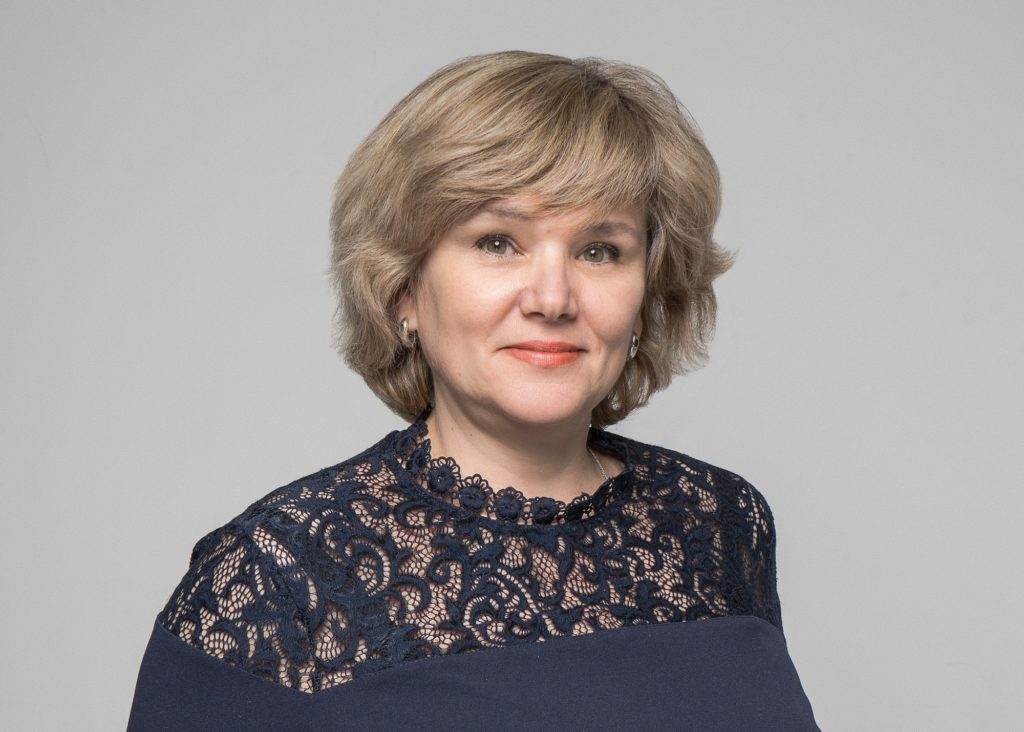Our Belarussian member BelAPDIiMI (“Belarussian association of assistance to children and young people with disabilities”) celebrates its 25th anniversary this year – congratulations! On the occasion, we asked its director, Elena Titova, a few questions:
Who established BelAPDIiMI 25 years ago and what difficulties did you face back then?
BelAPDIiMI was established as a parents’ initiative in July 1994.
25 years ago, the situation in Belarus was significantly different from the one we observe today. Many children with disabilities were completely isolated from society, they were considered “uneducable”. They spent most of the time at home and parents could not even dream of a school or a centre for their children where specialists could provide necessary support. As parents of these “special” children, we wanted to change the situation. This is why we decided to join our efforts and to try to change both our lives and the lives of our children.
What are your main achievements?
Over the years, our organisation has implemented more than 60 projects with the aim of improving the quality of life of children and young people with disabilities by developing family support system in Belarus.
In the late 90s, a system of support services for people with disabilities, including early intervention, began to form thanks to the efforts of BelAPDIiMI.
The model developed has proven to be effective, as more and more children with disabilities, including children with multiple disabilities:
- live in a family,
- get quality support from specialists,
- attend classes in educational centres in the neighborhood, integrated groups in kindergartens and classes in comprehensive secondary schools
Since 2007, young people above the age of 18 can attend day centres for people with disabilities. In these centres they:
- do different activities throughout the day
- acquire skills which they need to become more independent
Many parents have thereby gotten a chance to return back to work and improve their financial situation, which often has helped to elevate the morals and improve the general wellbeing of all family members. Parents are more confident now that their children will have a better future for their children.
What are your main areas of work?
BelAPDIiMI unites approximately 2500 families raising children and young people with disabilities, with 51 independent regional organisations.
Our common mission is to change existing stereotypes about persons with disabilities, to lobby for their interests, protect their rights and strengthen their influence in society. To achieve these goals, we have implemented a range of projects and cooperated with government agencies and departments, business partners, mass media and NGOs, both in Belarus and abroad.
Our main areas of work are:
- legal support to families and persons with disabilities
- development of independent living services and supported employment, as well as social entrepreneurship
- creation of barrier-free environments, e.g. by promoting easy-to-read
Inclusion Europe’s president Jyrki Pinomaa congratulates BelAPDIiMI on the organisation’s 25th anniversary
What are your plans for the next 25 years?
We have big plans!
Based upon the values and principles of the UN Convention on the Rights of Persons with Disabilities (UN CRPD), which Belarus ratified in 2016, amongst other things we want to:
- change the public paradigm of disability and replace the “medical model” approach by the “social model” one
- promote personal assistants and changes to guardianship laws, to make assistance for pupils and students easier
- advocate for the right to work of people with disabilities, by promoting supported employment, quotas for the employment of people with disabilities and changes to the law to recognise social enterprises
We will continue raising awareness with government institutions about the problems faced by children and young people with disabilities and their families.
We also have plans for setting up a bureau for translating texts into easy-to-read, and a support centre based upon peer-to-peer training.
Finally, we plan to design and disseminate an educational programme called “Safe Internet” for young persons with disabilities.
Currently, we are working on the project “Art for inclusion”, which is implemented with support by the U.S. Agency for International Development (USAID) and has just entered into a new phase. The aim of the project is to promote social activities for persons with disabilities by strengthening the organisational capacity of our regional organisations.
As you can see, there’s always lots of things to do!






